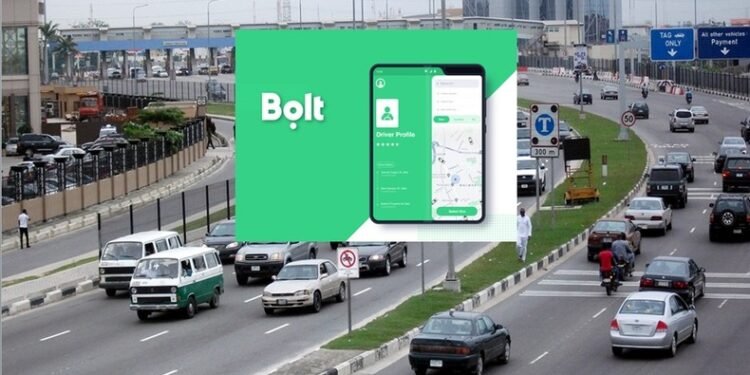The planned strike is in response to what these workers have described as exploitation, hazardous working conditions, and a lack of workers’ rights.
Another significant issue is the practice of abrupt and unfair deactivation, in which drivers are barred from using the platforms with little to no explanation or opportunity to appeal.
The union maintains that drivers should not face arbitrary actions that endanger their livelihood without due process.
Steven Iwindoye, Public Relations Officer of the Amalgamated Union of App-Based Transporters of Nigeria (AUATON), announced in a statement on Tuesday.
According to the PR officer, the industrial action would begin on International Workers’ Day, a symbolic date emphasizing the rising unhappiness among Nigeria’s app-based transportation workers.
To this effect, the coalition released a statement which read, “The Amalgamated Union of App-Based Transporters of Nigeria, Lagos State Chapter, is planning a 24-hour protest on May Day over alleged anti-labour practices by app-based companies, including Uber, Bolt.
Our members would be staying off the apps, refusing to work, and demanding that their rights be respected.
We are protesting against poor wages, unjust deactivations, insecurity, and unsafe working conditions. Others are excessive commissions taken by app companies, lack of proper rider profiles, mandatory facial recognition systems, and harmful and exploitative work policies.”
DON’T MISS THIS: Ride or die: Nigerians and South Africans exchange prank orders on Uber and Bolt app
For years, AUTON and app-based companies have clashed over several issues, including labour laws, poor wages, sudden and unjust deactivations, insecurity, and unsafe working environment, among others.
The planned strike on May 1, should it go through, is expected to have an impact on mobility in Lagos, Nigeria’s busiest city, particularly since thousands of residents rely on ride-hailing apps for transportation daily.
AUATON has urged government agencies and labor rights organizations to intervene, arguing that their concerns reflect broader issues of worker exploitation in Nigeria’s growing digital economy.










